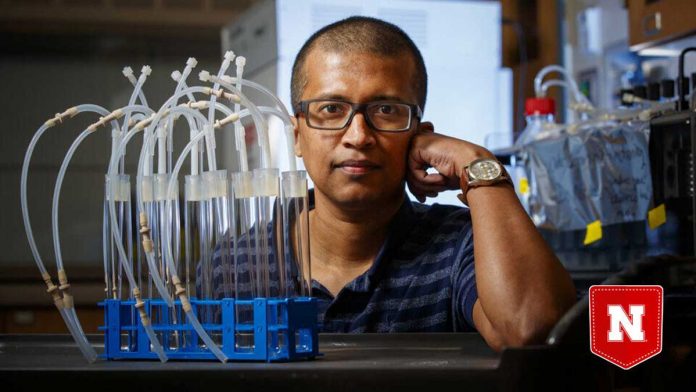Less than 10 percent of synthetic plastics are being recycled. This petroleum-derived, non-biodegradable materials accumulate themselves across the planet. This accumulation covers stretches of land and ocean floor. Microplastics have been found on the peak of Mount Everest which is 29,000 feet above sea level and in the depths of the Mariana Trench which is 36,000 feet below sea level.
A few produce biodegradable plastics when they could not find their nutrients or they are stressed. This can work as a solution to the plastic pollution crisis. But the cost of feeding and maintaining the bacteria has impeded the conditions to scale up their production of biodegradable plastics. So, researchers seek to engineer microbes that will produce bioplastics like poly-3-hydroxybutyrate and PHB. This process will create bioplastics faster and in a more efficient way.
Scientist Rajib Saha and his colleagues have studied the species Rhodopseudomonas palustris. From their research about this species, they have developed the secrets to engineering a better bacterium. Their new experiment has generated a bevy of important findings. They have found out a component of decomposed lignin. This is a polymer found in the cell walls of nearly all land-based plants. This lignin can boost R. palustris production of PHB plastic.
Scientists turned to a model that shows the metabolic processes responsible for turning feedstocks into various products like bioplastics. This model has helped in revealing multiple strategies for optimizing PHB production such as bypassing a biochemical reaction that usually acts as a bottleneck to growing the microbes on surfaces abundant in electrons and carbon atoms.
In those surfaces lignin is the key of the sustainable production of PHB on a commercially viable and economically feasible scale. The team has derived these strategies from a hybrid approach of experimental observation. Metabolism-focused modelling can be directed toward other like bacteria as potentially forwarding more candidates for the green production of greener plastics.

